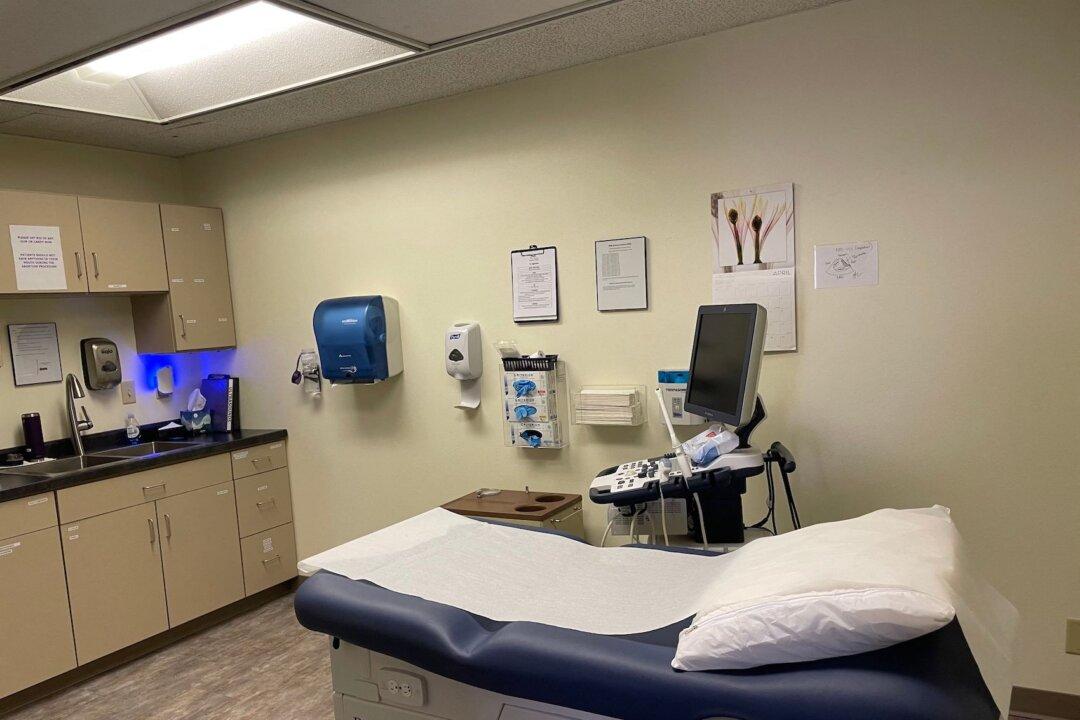Pennsylvania Democrat lawmakers say they want to “facilitate safe abortion access,” by reversing a 2011 state law requiring facilities that provide abortions to meet all the same regulations as ambulatory surgical facilities, including submitting to unannounced inspections.
State Rep. Tarik Khan this week announced a bill to remove these “needless mandates,” by no longer requiring abortion facilities to be classified as ambulatory surgical facilities and ending the requirement that abortion providers maintain admitting privileges or have transfer agreements at hospitals.





